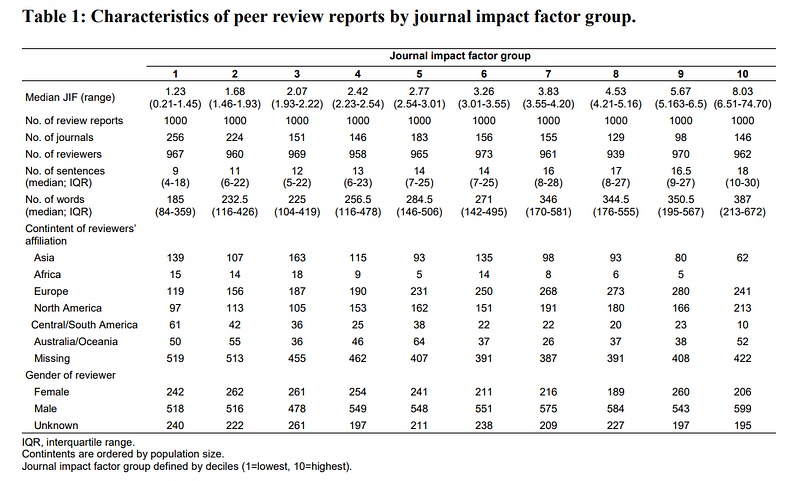AI's Role in Enhancing Scientific Peer Review Practices
Written on
Introduction to Peer Review
In the realm of scientific research, peer review stands as a fundamental component. This process entails the evaluation of research articles and proposals by experts in the field, ensuring the integrity and quality of published work. However, the effectiveness and objectivity of peer review have come under scrutiny, prompting discussions on how to enhance its assessment. Researchers are increasingly turning to machine learning to tackle these issues.

The Importance of Peer Review
Peer review serves as a critical mechanism in various disciplines, from biology to computer science, acting as a gatekeeper for journal publications and funding proposals. Despite its significance, the system is not without its flaws, as evidenced by instances of retracted papers and the rise of questionable journals. Recent discussions have highlighted the need for reform in this area.
How AI Can Transform Peer Review
The challenge lies in evaluating the quality of peer reviews and whether algorithms could play a role. Anna Severin's recent research explores how AI can be utilized to assess peer review quality.

Understanding the Dataset
Historically, peer review discussions were private, limiting large-scale analysis. However, platforms like Publons have revolutionized this by collecting millions of reviews, providing a valuable dataset for researchers. Severin's team focused on medical and life sciences, analyzing 5 million reviews with specific criteria.
The Selection Process
For their analysis, the authors excluded certain fields, opting instead for verified pre-publication reviews. They categorized the reviews based on the journals' impact factors, a proxy measure for quality.
Pint of Science: Can AI Save Our Planet? - This video discusses how artificial intelligence could play a crucial role in addressing environmental challenges. Watch to learn more about the intersection of AI and sustainability.
The Evaluation Model
To assess the reviews, the authors labeled 2,000 sentences across eight categories, focusing on thoroughness and helpfulness. They utilized machine learning techniques, including cross-validation and a Naïve Bayes algorithm, to draw insights from the data.

Insights from the Study
The findings indicated that while the model's predictions aligned closely with human evaluations, the impact factor of journals did not necessarily correlate with the quality of peer reviews. This suggests that relying solely on impact factors may not be an effective means of ensuring thorough and helpful reviews.
How AI Can Save Our Humanity | Kai-Fu Lee - In this talk, Kai-Fu Lee explores the potential of AI to enhance human capabilities and address global challenges. A must-watch for those interested in the future of AI.
Conclusions and Future Directions
The study underscores the necessity for reform in the peer review process. The San Francisco Declaration on Research Assessment (DORA) advocates for eliminating journal-based metrics in favor of more holistic evaluation criteria. Furthermore, the research highlights the need for greater inclusivity in peer review practices.
Looking ahead, there is a strong possibility that AI will assist reviewers, making the process more objective and equitable. As the volume of submissions increases, AI could provide invaluable support in navigating this complex landscape.
If you found this article enlightening, consider exploring other related writings or connecting with me on LinkedIn. Your support is appreciated!
For more resources on machine learning and AI, visit my GitHub repository.
